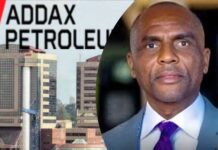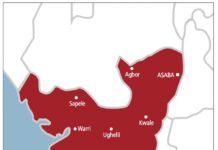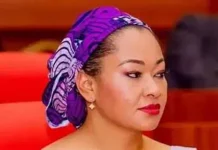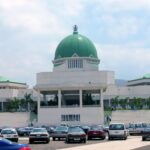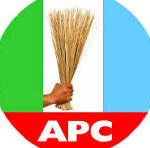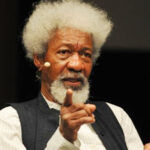Former presidents Olusegun Obasanjo, Goodluck Jonathan and two-time former Lagos State Governor, Bola Ahmed Tinubu, have yet to utter a word on the recent forceful eviction of Fulani herdsmen from a community in Oyo and the ensuing war drums being beaten by some groups in the North.
Also, neither of the past leaders nor their representatives were present at the meeting held between the six South West governors and leaders of the Miyetti Allah Cattle Breeders Association of Nigeria (MACBAN) in Akure, Ondo State, on Monday.
The past leaders’ conspicuous silence more than one week after Fulani herdsmen were issued eviction notices in Oyo and Ondo States is becoming a reason for concern.
Unlike in the past when the trio spoke out about issues of national concern, especially when such issues threaten the nation’s security, the former leaders have kept mum on the brewing rancor in the South West region.
President of the 8th Senate, Bukola Saraki, had on Sunday lamented what he called the “deafening silence” by leaders “who we think should speak out.”
Saraki said the development had increased tension and “unduly raised the temperature in the country”.
The former Kwara State governor said politicians must not wait until when the 2023 general elections are around the corner before thinking of how to quell “the raging fire” of disunity and insecurity in the country.
In its reaction on Sunday, the Yoruba socio-political organization, Afenifere, had said that people from the South West region were taking note of Tinubu’s silence and would pay him back in his own coin.
Meanwhile, some believe that the loud silence from the trio of Obasanjo, Jonathan and Tinubu may be because they were tired of offering advice that would be taken with a pinch of salt.
In a 2019 interview he granted to the Wilson Centre Africa Programme, Obasanjo had advised President Buhari to forget that he comes from the Fulani ethnic extraction and deal with the herdsmen crisis dispassionately.
“When you have a situation where your own tribe is being accused of something, you must be able to look into it and make it transparently clear that the accusation is unfounded or if it is founded, you deal with it.
“There have been herdsmen and farmers’ clashes. Now, herdsmen are mainly Fulani. Nothing had been done. Rather than doing something about it, what we are having is that we will create colonies – cattle colonies.
“Where will you create colonies in Nigeria? Is it in my own part of the country that you will now make a colony? Who will give you land to create a colony within his state? So, these are specifics and I can go on and on.”
Tinubu, in a speech he delivered at the 15th Annual Daily Trust dialogue in 2018, blamed the lingering herdsmen crisis on failure of past administrations to address it.
“Now, the current administration is moving to arrest the lethal situation,” he had said.
Tinubu however noted that, “…herders have no right to cling to this way of life by killing others. Government must stop their violence, but also offer them a viable new way of life by moving them toward more modern, non-nomadic cattle rearing.”
It was earlier reported that the Presidency had described Governor Rotimi Akeredolu’s quit notice to herdsmen in the state as unconstitutional, but the governor in response said the Buhari administration’s “brazen display of emotional attachments” to the herdsmen crisis was beginning to threaten the country’s corporate existence.



